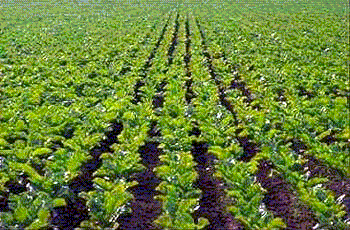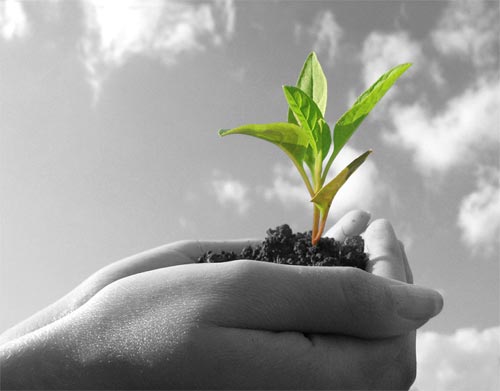How does oil affect the environment?
- Ayrıntılar
- Kategori: Environment Writings
How does oil affect the environment?
Crude oil is used to make petroleum products used to fuel airplanes, cars, and trucks; to heat homes; and to make products like medicines and plastics. Although petroleum products make life easier, finding, producing, and moving crude oil may have negative effects on the environment. Technological advances in exploration, production, and transportation of oil and enforcement of safety and environmental laws and regulations help to avoid and reduce these effects.
Technology helps reduce the effects of drilling and producing oil
Exploring and drilling for oil may disturb land and marine ecosystems. Seismic techniques used to explore for oil under the ocean floor may harm fish and marine mammals. Drilling an oil well on land often requires clearing an area of vegetation. These impacts are reduced by technologies that greatly increase the efficiency of exploration and drilling activities. Satellites, global positioning systems, remote sensing devices, and 3-D and 4-D seismic technologies make it possible to discover oil reserves while drilling fewer exploratory wells. Mobile and smaller slimhole drilling rigs reduce the size of the area disturbed by drilling activities. The use of horizontal and directional drilling makes it possible for a single well to produce oil from a much larger area, which reduces the number of wells required to develop an oil field.
Hydraulic fracturing
An oil production technique known as hydraulic fracturing is used to produce oil from shale and other tight geologic formations. This technique has allowed the United States to increase domestic oil production significantly and reduce the amount of oil that the country imports. There are environmental concerns associated with hydraulic fracturing. Fracturing rock requires large amounts of water, and it uses potentially hazardous chemicals to release the oil from the rock strata. In some areas of the country, significant use of water for oil production may affect the availability of water for other uses and can potentially affect aquatic habitats. Faulty well construction or improper handling may result in leaks and spills of fracturing fluids.









 Last December, a very large majority of the scientific community and most politicians would have agreed that the scientific evidence of human-induced climate change was unequivocal and that the only question was whether the world’s political leaders could agree in Copenhagen to meaningful legally binding greenhouse gas emission reduction targets.
Last December, a very large majority of the scientific community and most politicians would have agreed that the scientific evidence of human-induced climate change was unequivocal and that the only question was whether the world’s political leaders could agree in Copenhagen to meaningful legally binding greenhouse gas emission reduction targets. 


